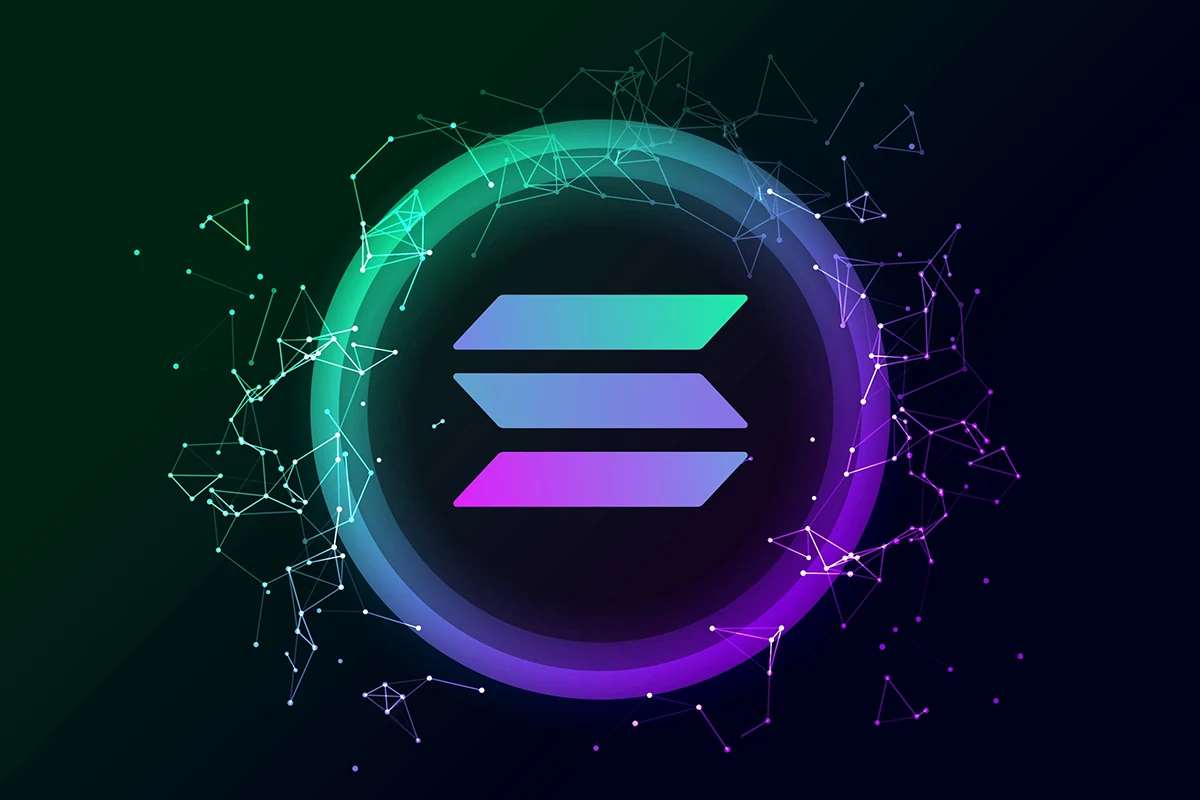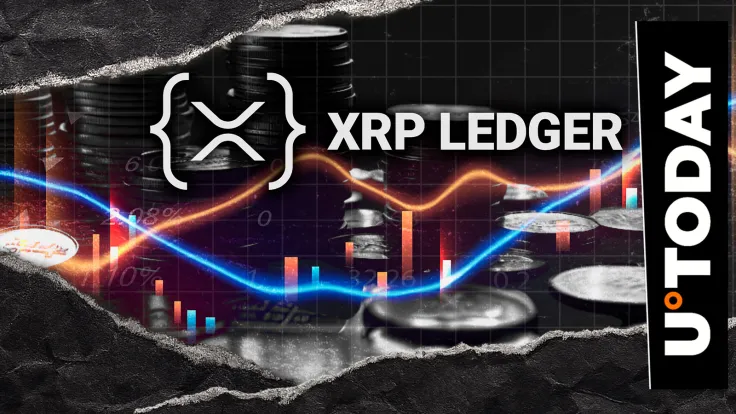Cash App Update 2025: New AI Assistant, Stablecoins and Banking Features Explained
Cash App’s 2025 product wave marks its most significant shift since 2013, evolving from a peer-to-peer payments app into an everyday financial platform with AI-driven guidance, crypto payments, flexible banking perks, and borrowing tools for underbanked users. This update targets long-tail questions like how to manage money without traditional banking, how to pay with Bitcoin using USD, and how teens can bank safely with parental oversight.
- Moneybot delivers agentic AI budgeting, spending analysis, and action-ready suggestions inside one screen, offering Mint-style clarity without spreadsheets.
- Crypto payments become seamless as users pay merchants in Bitcoin using USD balances, with Lightning conversions handled automatically and stablecoins converted to USD on receipt.
- Cash App Green offers banking-style perks, ATM access, priority support, overdraft coverage, and up to 3.5% APY, based on spending activity, not direct deposit.
- Teen accounts now combine parental controls with real savings yields and supervised access to stocks and Bitcoin, creating a unified family finance ecosystem.
- Cash App Borrow provides up to $500 in short-term credit for underbanked users in 48 states, with repayment rates above 97% but costs that may exceed traditional banks.
When Owen Jennings joined Cash App, the product was still known primarily as a simple peer-to-peer payments tool, a point he has emphasized publicly. Today, he helps lead what the company is framing as its most significant product expansion since Cash App launched in 2013, a shift that aims to reshape how millions of Americans manage everyday finances.
Cash App has rolled out 11 new product updates and more than 150 improvements, a milestone confirmed in the company’s first-ever bundled release, detailed in the official Cash App Release. Rather than a routine upgrade, this launch marks a deliberate repositioning of Cash App from a simple P2P utility into a broader financial platform spanning banking, payments, commerce, bitcoin, and personal money-management tools.
An AI That Actually Knows Your Money
The centerpiece is Moneybot, an AI assistant built directly into Cash App that analyzes your transactions and spending habits to surface insights about how you manage money. Unlike the chatbots offered by traditional banks, the kind that can help you change your address or check a balance, Moneybot supports advanced actions like creating savings plans, buying or selling stock, or evaluating spending patterns.
Ask it “How much did I spend on food last month?” and you’ll get an answer. Ask “Am I trending over budget?” and it offers concrete suggestions. Wonder aloud how much you could save by cutting back on rideshares, and Moneybot does the math for you.
What sets Moneybot apart is its use of what the tech industry calls agentic AI, artificial intelligence that can take action on a person’s behalf rather than simply provide information. When you open the app, Moneybot has already analyzed your transactions and offers independent recommendations on actions you could take. Unlike other bank chatbots that redirect you across different parts of a website, Moneybot’s transactions and analysis happen inside a single screen.
For the millions who’ve struggled with budgeting since Mint shut down, this could be transformative. No spreadsheets. No manual categorization. Just conversational clarity about where your money goes.
But there are legitimate concerns. Cash App employees acknowledged that depending on how prompts are written, there could be privacy and legal implications if appropriate guardrails aren’t put in place. Policymakers have raised questions about how these chatbots might steer customers toward one financial product over another, even if that option may not be in the customer’s best interest. What’s to stop a future version of Moneybot from favoring buy-now-pay-later loans from Afterpay, also owned by Cash App’s parent company Block, over competing services?
And then there’s the disclaimer that appears at the bottom of Moneybot, the same one seen on most AI chatbots today: artificial intelligence can make mistakes. When you’re deciding whether to buy groceries or pay rent, that warning carries far more weight than a recipe gone wrong.
Making Crypto Invisible
Cash App has addressed one of cryptocurrency’s most persistent challenges: spending digital money without the volatility, complexity, or manual conversions.
Eligible U.S. customers can now pay merchants in Bitcoin while using their regular USD balance, with Cash App executing the Lightning Network conversion in the background. You scan a QR code, the merchant receives Bitcoin, and you never directly handle the cryptocurrency.
Cash App has also introduced support for stablecoins, enabling users to send and receive digital dollars globally, with incoming stablecoins automatically converted into USD. For anyone who has dealt with international transfers or needed fast settlement, this feature bypasses traditional banking rails.
A new in-app Bitcoin Map highlights nearby merchants that accept Bitcoin, making crypto spending as simple and intuitive as using Apple Pay. You don’t need to understand blockchain mechanics or worry about BTC price swings between purchase and payment, you just pay.
Network fees may still apply depending on activity levels, and while stablecoin transfers are typically lower-cost than wires, they aren’t universally free. Users still need to check whether a given transaction carries a fee. But Cash App has essentially made crypto payments feel normal, a shift that could represent a meaningful step toward mainstream adoption.
Banking Benefits Without the Banking Requirements
Nearly two out of three Cash App customers define their “primary bank” as where they manage everyday spending, not where they deposit their paycheck. That insight drove the creation of Cash App Green, a flexible benefits program that breaks from traditional banking’s obsession with direct deposit thresholds.
Customers can earn Green status by spending $500 or more monthly using their Cash App Card or Cash App Pay, or by depositing $300 in qualifying deposits per month. More than 8 million users have access to these benefits, which include no fees at in-network ATMs, priority phone support, higher borrowing limits, free overdraft coverage up to $200, weekly personalized discounts, and savings yields up to 3.5% APY through Cash App Savings for eligible customers.
The genius here is flexibility. Nearly 40% of Cash App customers don’t receive income via direct deposit, they’re gig workers, freelancers, or people paid through non-traditional methods. Traditional banks would shut them out of premium perks. Cash App rewards them for actively using the platform.
“Banking benefits shouldn’t be locked behind narrow definitions of how a customer is supposed to work or earn their income,” said Jennings in a statement announcing the changes. It’s a philosophy that could pull users away from traditional banks entirely.
Teen Banking That Parents Might Actually Trust
Cash App has expanded its offering for teenagers aged 13 to 17, pairing stronger parental controls with genuine financial independence. Teens can now earn up to 3.5% APY on savings with sponsor approval, while parents receive real-time alerts on transactions, can approve or block new contacts, and adjust spending limits instantly through the Cash App Sponsored Accounts program.
The mix of high-yield savings, supervised access to tools like bitcoin and stock investing (with explicit sponsor approval), and AI-driven money insights gives families a more unified experience. Services such as Greenlight and Step provide parental oversight, but Cash App now delivers it within the same ecosystem adults already use, allowing families to manage everything in one place instead of relying on multiple apps.
Borrowing for the Underbanked
Cash App Borrow is now available to eligible customers in 48 states (excluding Colorado and Iowa), offering loans up to $500 without credit checks through the Cash App Borrow program. It’s designed for Americans who are credit-invisible or have limited borrowing history.
First-time borrowers can access up to $500 based on financial behaviors like cash flow, and Cash App maintains repayment rates above 97%, according to Block’s disclosures. Notably, 70% of Cash App Borrow actives have credit scores below 580, yet the product maintains these high repayment rates. For people who might otherwise turn to payday lenders with their predatory APRs, this is a meaningful alternative.
That said, Cash App’s rates aren’t always cheap. While they beat payday loans, they can still exceed what traditional banks offer. Users need to compare total repayment costs carefully, especially if they’re considering Borrow for recurring expenses rather than one-time emergencies.
What This Means for the Industry
Cash App’s evolution reflects a broader shift in how fintech companies are thinking about competition. The app was launched in 2013 by Block, Inc. and initially competed directly with peer-to-peer payment platforms such as Venmo. Twelve years later, it’s no longer focused solely on payments. It now competes with full-scale digital banking platforms, crypto wallets, budgeting tools, and even traditional financial institutions.
Cash App serves more than 57 million monthly transacting users as of 2024, and its latest product wave positions it as a comprehensive financial ecosystem. The platform now offers meaningful banking benefits, AI-powered financial guidance, simplified crypto functionality, lending tools designed for underbanked users, and teen accounts with enhanced parental oversight.
While Venmo primarily attracts students and young professionals, Cash App is intentionally targeting unbanked, underbanked, and lower-income consumers, a group representing both a major market opportunity and a real social need.
Should You Switch?
For existing Cash App users, this update is an unambiguous upgrade. More features, better insights, expanded functionality, all without added cost for most everyday services.
For those who’ve never used Cash App, several features stand out as genuinely compelling. The ability to pay Bitcoin-accepting merchants using a regular USD balance removes the biggest barrier to crypto spending. Moneybot can replace multiple budgeting tools for casual users. Cash App Green delivers meaningful banking-style perks without traditional income or direct-deposit thresholds. Stablecoin transfers offer fast, low-friction money movement that legacy banks still can’t match.
Families may find the teen-banking integration, now with crypto education, savings incentives, and enhanced parental controls, reason enough to consolidate into a single platform.
But questions around data privacy, AI accuracy, and potential conflicts of interest remain. Users will want to see how Moneybot evolves, whether its suggestions genuinely support their financial interests, and how Cash App manages the responsibility of delivering AI-driven guidance.
What’s clear is this: Cash App is no longer just a way to split dinner. It’s becoming a full-scale alternative to traditional banking, powered by technology most banks haven’t begun to deploy. For millions of Americans whose financial lives don’t fit the old banking model, that could be exactly what they’ve been waiting for.
You May Also Like

Solana ETFs Market Grows with Fidelity and Canary Marinade’s New Funds

XRP analysts shift 2025 outlook as liquidity models evolve
